Plenary Speakers
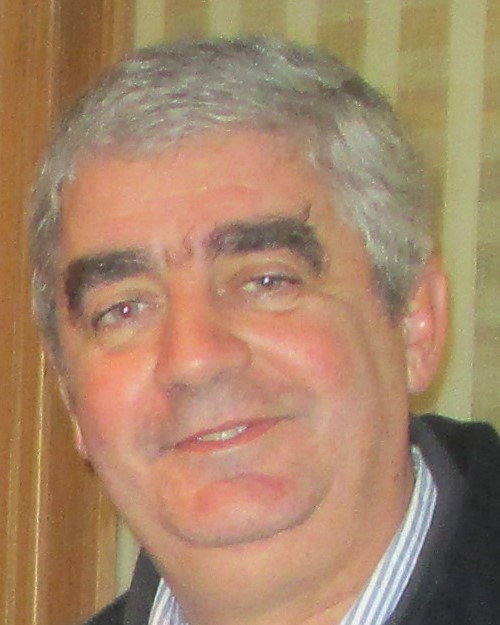
Prof. Luís Eça - University of Lisbon, Portugal
On the Challenges of Verification Exercises of Viscous Flow Simulations
Prof. Luís Eça is an Associate Professor in the Department of Mechanical Engineering of Instituto Superior Técnico (IST) of the University of Lisbon. He received the M.S, Ph.D. and “Agregação” degrees from Technical University of Lisbon in 1987, 1993 and 2009 respectively. He has been working in Computational Fluid Dynamics (CFD) for the last 35 years in cooperation with the Maritime Research Institute Netherlands (MARIN). The main topics of the research have been the simulation of high Reynolds number flows around complex geometries and Verification and Validation in CFD. In the last few years, RANS modelling of low Reynolds number flows and surface roughness effects have been addressed within the MARIN-IST cooperation..
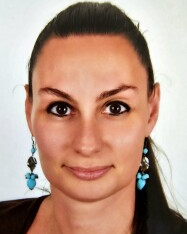
Prof. Laura Mainini- Imperial College London, UK
Data assimilation for sustainable futures: Engineering challenges and computational pathways.
Prof. Laura Mainini holds the Chair in Aerospace Computational Design at the Department of Aeronautics and is Associate Director of the Brahamal Vasudevan Institute for Sustainable Aviation, where she is responsible for industrial engagement and collaborations. She is Associate Fellow of the American Institute of Aeronautics and Astronautics (AIAA) and Member of the Royal Aeronautical Society. She serves with leadership roles on the AIAA Multidisciplinary Design Optimization Technical Committee, the AIAA Digital Engineering Integration and Outreach Committee, and several international task groups. Prof. Mainini earned her BSc, MSc. and PhD in Aerospace Engineering from Politecnico di Torino, she received a Fulbright grant to conduct research at MIT during her doctoral studies. Prof. Mainini is passionate about developing solutions for the sustainable development of air transportation and space exploration, with focus on advanced computational and mathematical methods that permit to safely unlock novel designs.

Prof. Wim van Rees - Massachusetts Institute of Technology, USA
Advances in high order sharp immersed methods on adaptive grids
Prof. Wim M. van Rees is Associate Professor in the department of Mechanical Engineering at Massachusetts Institute
of
Technology. He is affiliated with the Center for Ocean Engineering. He received his BSc and MSc from Delft
University of
Technology in Marine Techology, and his PhD from ETH Zurich in 2014. In 2015 he performed research as a
postdoctoral
fellow in the School of Engineering and Applied Sciences at Harvard University, and joined the MIT faculty
in 2017. At MIT, he received Early Career awards from the Department of Energy in 2020, and from the Army
Research Office in 2021.
Wim's main research interests are to apply advanced numerical simulations to solve bio-inspired forward and inverse
problems in fluids, solids, and fluid-structure interaction.
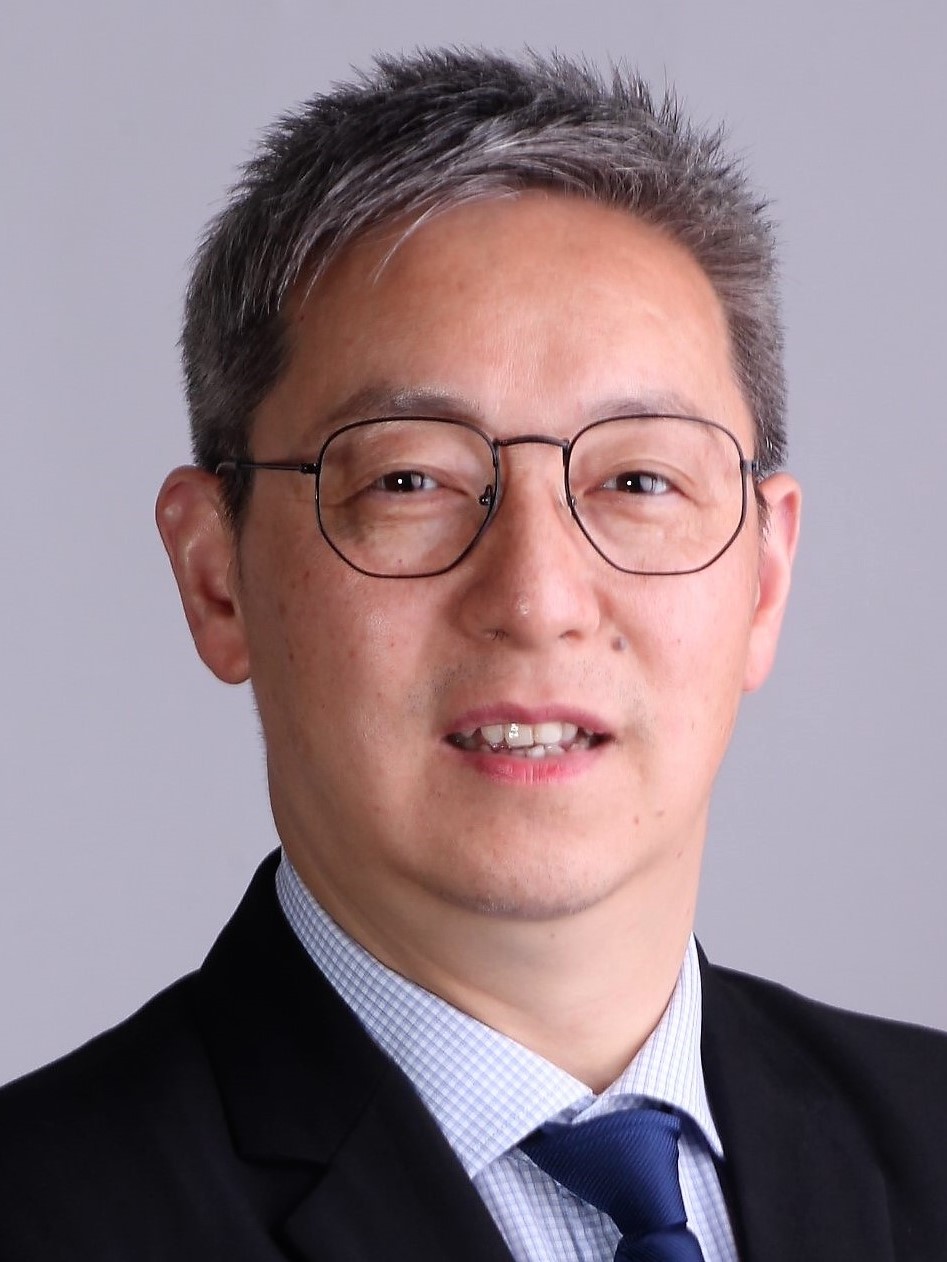
Prof. Decheng Wan - Shanghai Jiao Tong University, China
Numerical Simulations of Wave Breaking Flows with Air Entrainment
Prof. Decheng Wan is Director of Computational Marine Hydrodynamics Laboratory (CMHL, http://dcwan.sjtu.edu.cn/) at Shanghai Jiao Tong University, Chair Professor of Chang Jiang Scholar and Distinguished Professor of Shanghai Eastern Scholar, President of International Society of Offshore and Polar Engineers (ISOPE), Advisor committee member of International Towing Tank Conference (ITTC), associate editor-in-chief of Journal of Hydrodynamics and China Ocean Engineering, editorial board member of Ocean Engineering and Applied Ocean Research, etc. Prof. Wan has been selected as World's Top 2% Scientists by Stanford University since 2019. He is awarded the Highly Cited Chinese Researchers since 2018 by Elsevier, received CH Kim Award, ISOPE Award, Prof. Peiyuan Zhou’s First Award of Hydrodynamics, Best paper of Moan-Faltinsen Award, etc. His research interest is mainly on computational marine and coastal hydrodynamics, numerical marine basin, nonlinear wave theory, wave loads on structures, numerical analysis of riser vortex-induced vibration (VIV) and platform vortex-induced motion (VIM), fluid-structure interaction, offshore wind turbine and other offshore renewable resources, etc. In these areas, he has published over 580 papers and carried out more than 50 projects on marine hydrodynamics and computational hydrodynamics, has delivered over 100 invited or keynote presentations in international conferences.
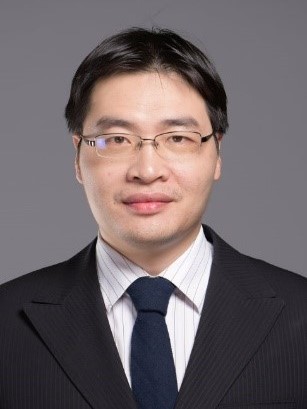
Prof. Wei-Xi Huang, Tsinghua University, China
Mechanism of lift/thrust generation and vortex dynamics in biomimetic flying and swimming
Prof. Wei-Xi Huang is a full professor in Department of Engineering Mechanics at Tsinghua University. His research focus is on numerical study of turbulent flows on the complex boundaries. Prof. Huang is also interested in computational biofluid mechanics. He has been developing computational methods for fluid-flexible body interactions, with the goal of simulating and obtaining physical insight into problems from biomechanics. Prof. Huang received the National Science Fund for Distinguished Young Scholars in 2024. He is now the Associate Editor of Journal of Mechanical Science and Technology, and in the Editorial Boards of the International Journal of Heat and Fluid Flow, the Journal of Hydrodynamics, Advances in Aerodynamics, and Theoretical and Applied Mechanics Letters.
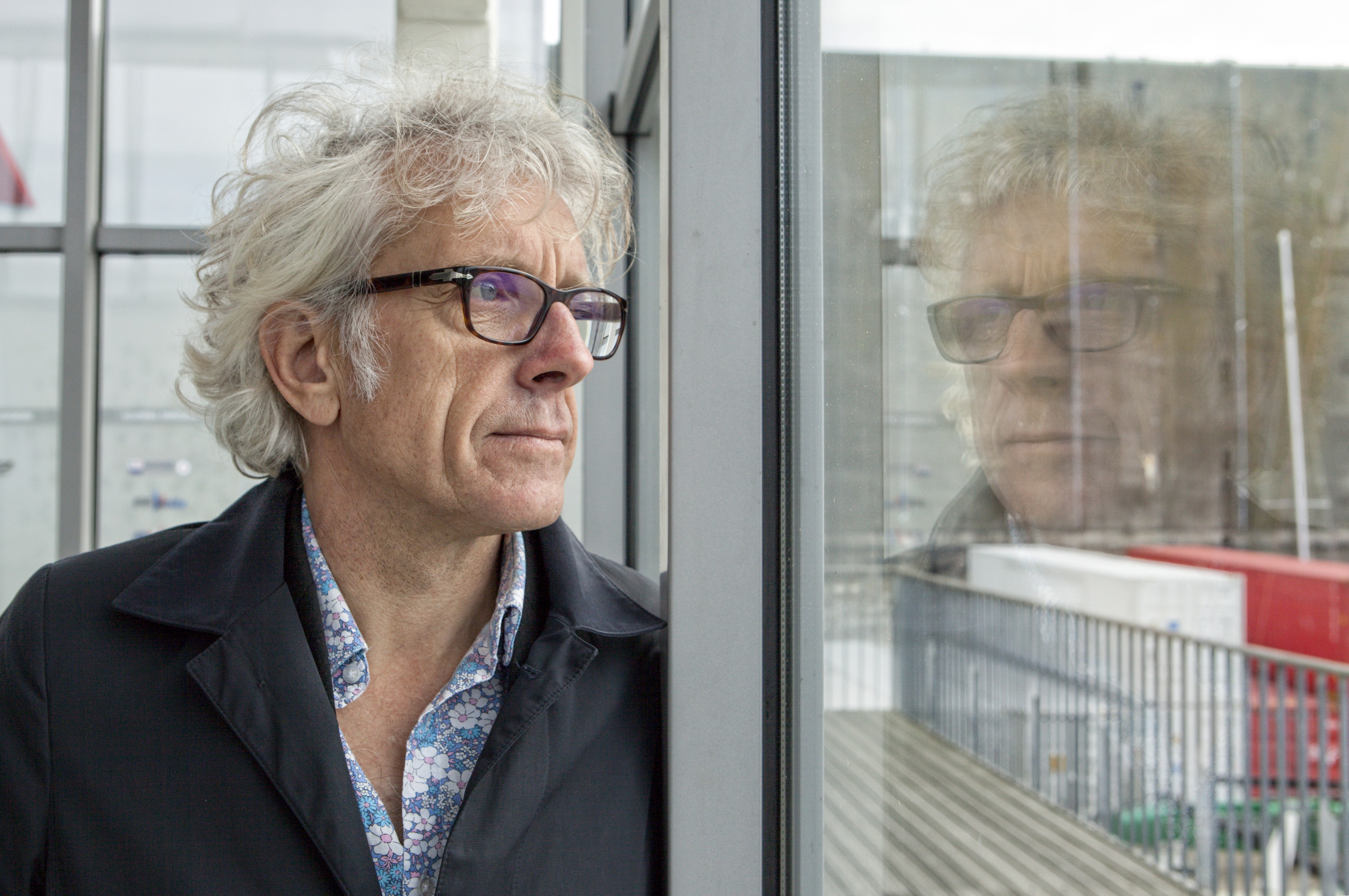
Prof. Martin Fischer, NC Raceboats, Germany
Understanding Aero- and Hydrodynamics of Sailing - The Key to improve Performance
Martin studied physics with a specialisation on fluid dynamics. He got a PhD in geophysics at the Max-Planck Institute
for Meteorology in Hamburg/Germany and continued working on climate research as a postdoc fellow at CNR in Bologna/Italy
until the late 1990s.
In 2000 he quit academic research and switched to high performance yacht design. Martin has worked on numerous top level
race yacht projects ranging from high performance beach catamarans to ocean going maxi racing mono- and multihulls and
the Americas Cup.
Since 2014 Martin has been involved in the Americas Cup, arguably the pinnacle of high performance yacht design and
yacht racing. He has been one of the leading yacht designer in that field and occupied the position of the Chief
Designer for Team France, Luna Rossa, and Ineos Britannia for the 35th, 36th, and 37th Americas Cup, respectively. Being
in charge of the overall design in three consecutive Cup cycles he focused on a scientific, data based development
approach. The introduction of automatic optimisation and advanced data analysis methods to high dimensional problems and
data sets have been at the centre of his work.
Martin is an editorial board member of the SNAME Journal of Sailing Technology.

